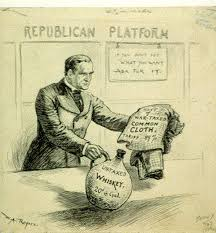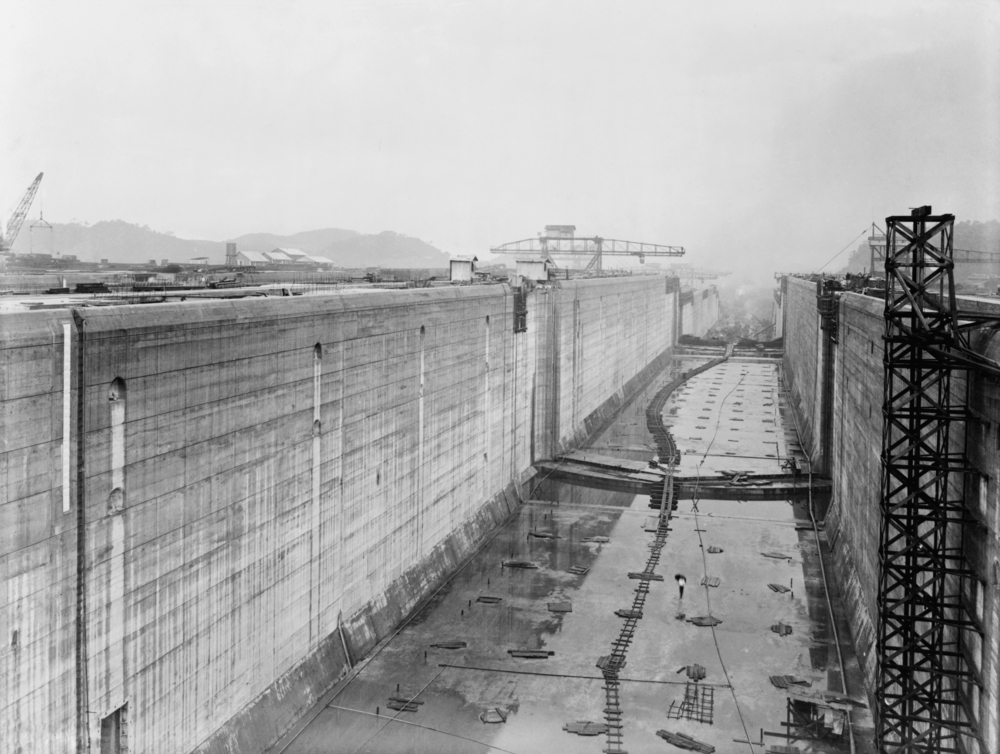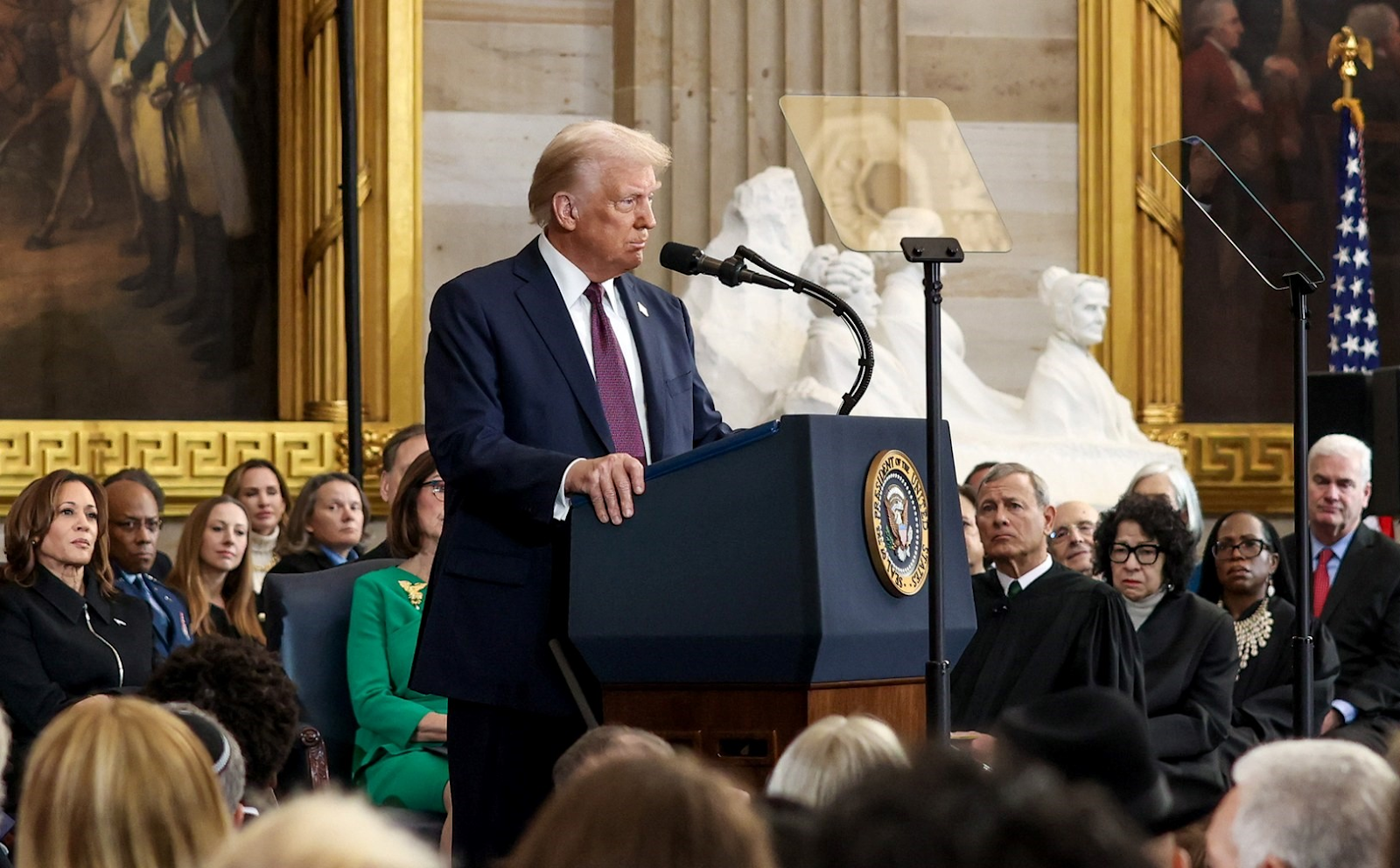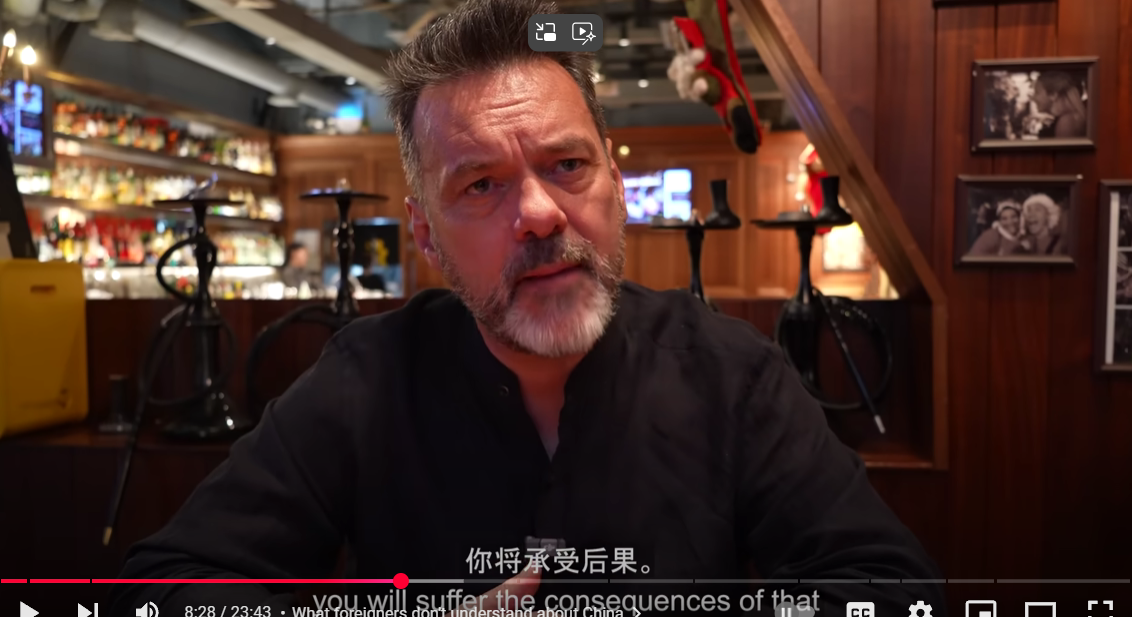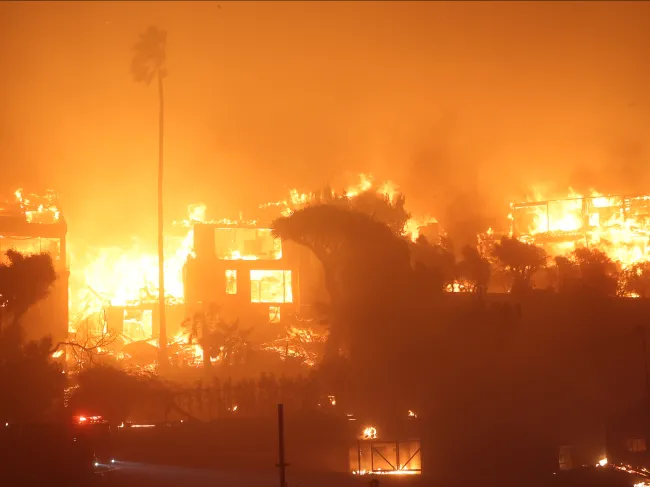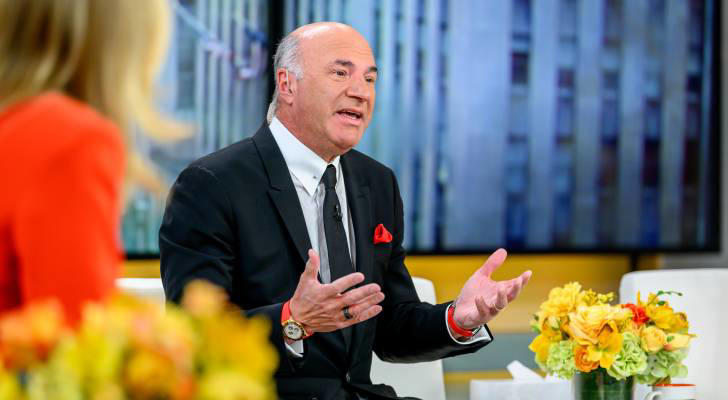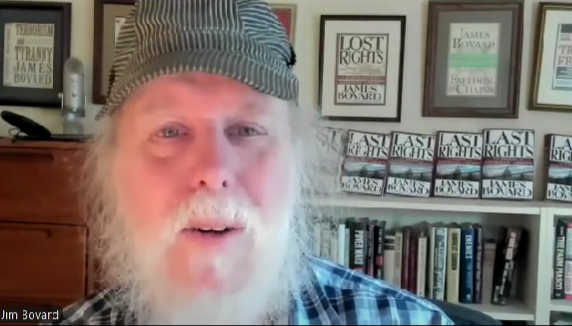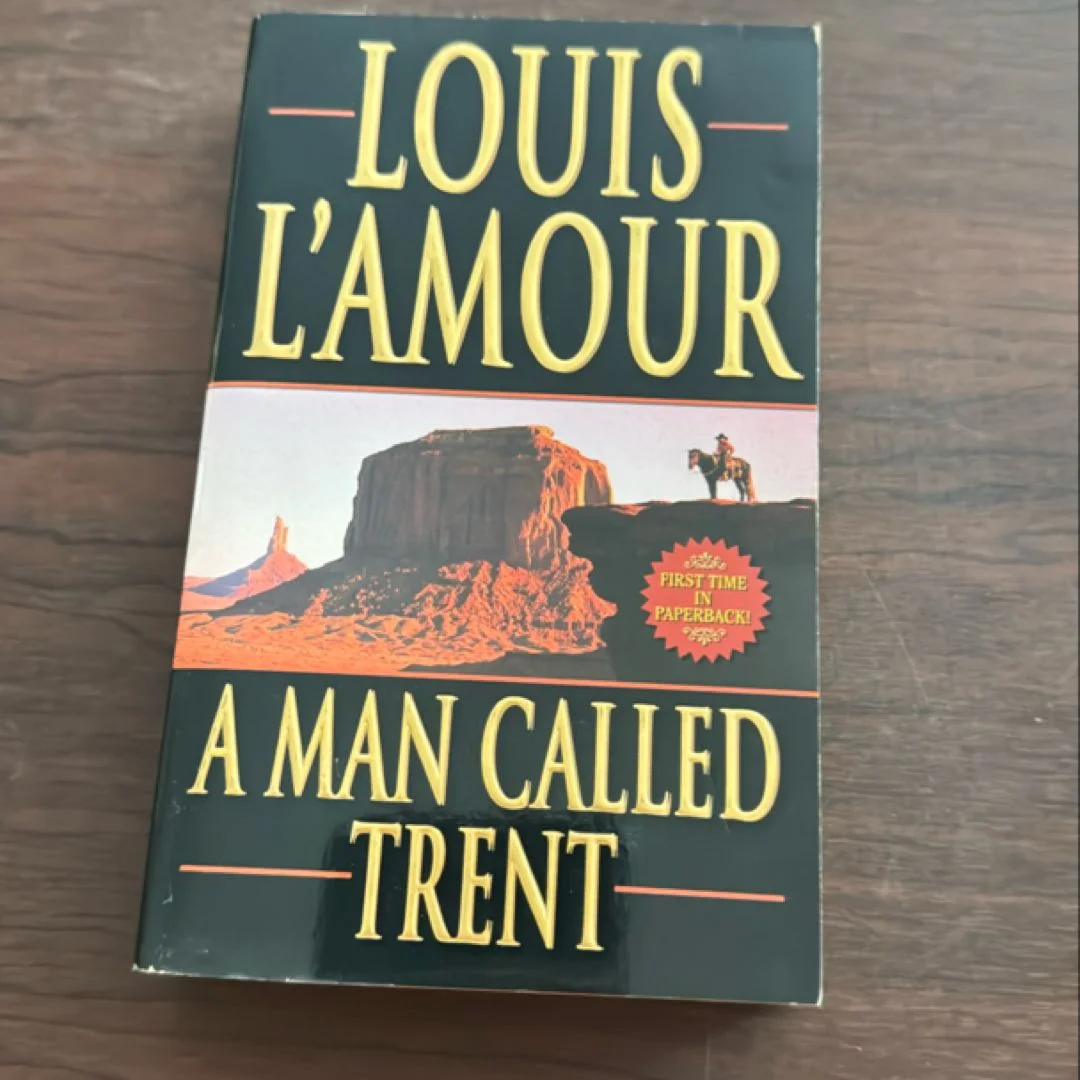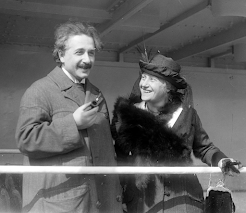The Rockefeller machine got McKinley elected president in 1896. One of his first “accomplishments” in 1897 was to repeat the political disaster of the McKinley Tariff Tax by signing the Dingley Tariff Tax which created another highest average tariff rate in history. The people be damned; by that point the Republican party had created a government by the Northern corporate plutocracy, for the corporate plutocracy, of the corporate plutocracy. President Trump’s kind of people.
McKinley was also a notorious imperialist, waging an imperialistic war against Spain (the Spanish-American War) during which the U.S. government conquered Cuba, Puerto Rico, and the Philippines, leading the great Yale University libertarian scholar William Graham Sumner to author his famous article, “The Conquest of the United States by Spain.” The Spanish-American War, Sumner wrote, turned the U.S. into an imperialist power, just like the thoroughly corrupt and bankrupted Spanish empire. (All empires, by the way, view their populations as good for two things: as taxpayers and cannon fodder in the empire’s wars. Fast forward to today’s world and the incoming president is proposing a takeover of Greenland, part of Panama, and Canada “for national security reasons.”
~ Thomas DiLorenzo, "How the McKinley Tariff Almost Destroyed the Republican Party," LewRockwell.com, December 31, 2024
